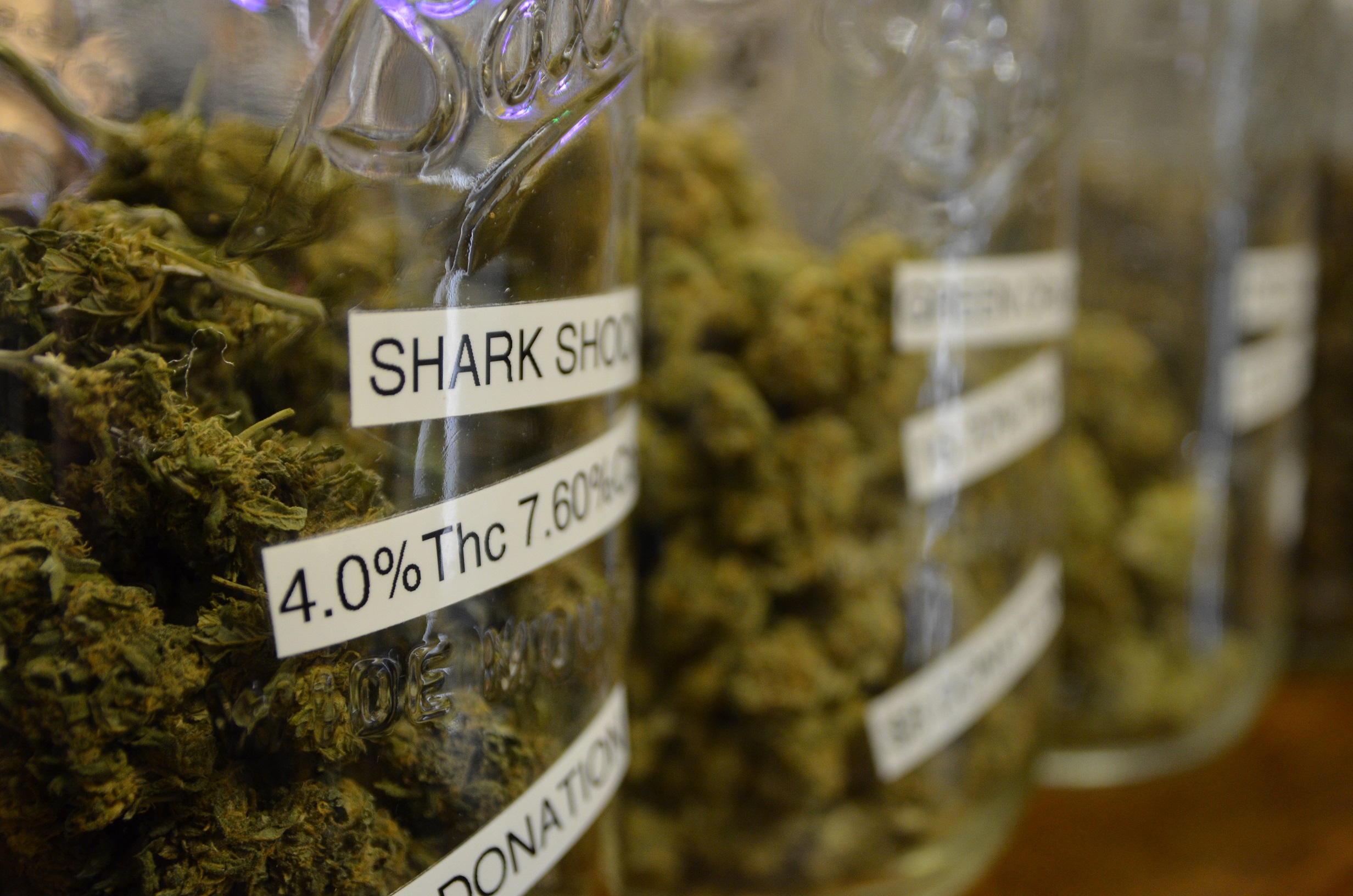Medical patients want safe, affordable medicine. Recreational stores want competitive prices and to ensure only people with medical needs are shopping at dispensaries. Everyone wants to eliminate the black market.

So many people had something to say about nearly 20 bills to reform Washington’s medical marijuana that a House committee combined all into one and carved out two days for testimony.
Rep. Christopher Hurst, who chairs the House Commerce and Gaming Committee, is sponsoring the combined bill. “This doesn’t mean I support all of or any of the ideas,” the Enumclaw Democrat said Monday. “The concept was to talk to a lot of people.”
Nine state House lawmakers introduced 18 bills to change the way Washington regulates marijuana. There’s a proposal to combine recreational and medical marijuana. Another to regulate each system separately. One would repeal legal marijuana altogether.
Each proposes some means to fix the state’s medical marijuana system, which wasn’t addressed when recreational use was legalized. Washington legalized medical marijuana 17 years ago, but it’s been a grey area since voters approved Initiative 502 in 2012.
Right now, the medical market exists through collective gardens that grow marijuana on behalf of patients, who must receive authorization from healthcare providers. In the more than two years since Washington created a highly-taxed and regulated recreational market, dispensaries have existed without licenses or taxes.
Recreational business owners say they can’t compete.
Mike Redman is co-owner of Green Lady, Olympia’s only recreational stores. “Olympia has the highest number of dispensaries per capita, so for us, it definitely has an effect,” he said. “If you’re looking at a disparity of a 75 percent price difference, there’s no way any business can compete at that level.”
But medical patients worry they’ll lose affordable access to medical-grade products. Marijuana at recreational and medical stores can have different effects. Some medicinal cannabis has lower levels of THC, which causes impairment.
Patrick Seifert runs Rainier Express, a medical dispensary near the Capitol. He worries what would happen to patients if the state merges the two marijuana systems. “It’s scary to think they’re going to consider sending patients and veteran patients to a 502 store,” he said. “I’ve got nothing against 502, it’s just like a liquor store. Why would you send the sick and dying to a liquor store to get medicine?”
Other bills to reform to Washington’s marijuana laws include a proposals to allow police to auction off seized marijuana, to establish a statewide database of medical patients and changing where stores can open.
Licensed marijuana businesses can’t operate within 1,000 feet of recreation and child care center, public parks, transit centers, libraries and more. One proposal would shrink the perimeter to 100 feet. Another would require local governments to let voters decides whether to ban marijuana.
The two-day hearing on the combined bill ended Tuesday. Watch day one and day two on TVW and tune into The Impact with Anita Kissee at 7 and 10 p.m. Wednesday for more about marijuana.